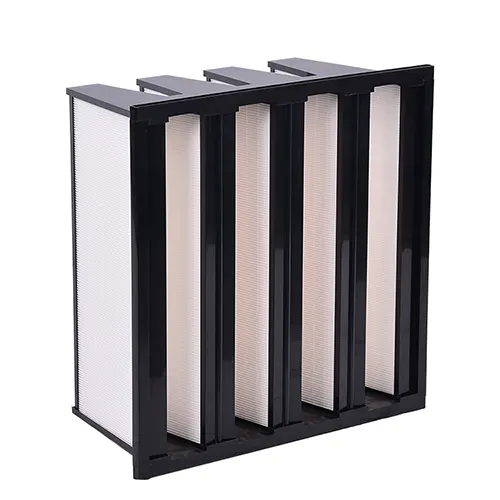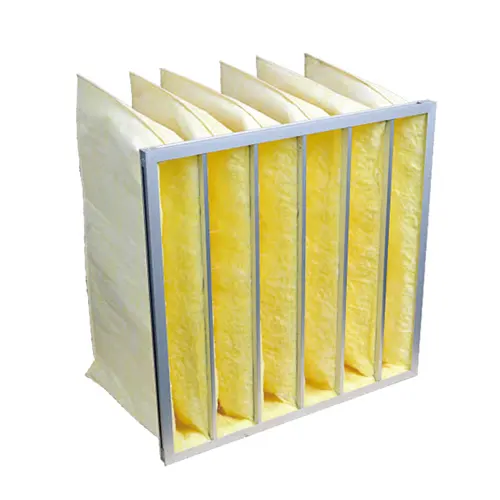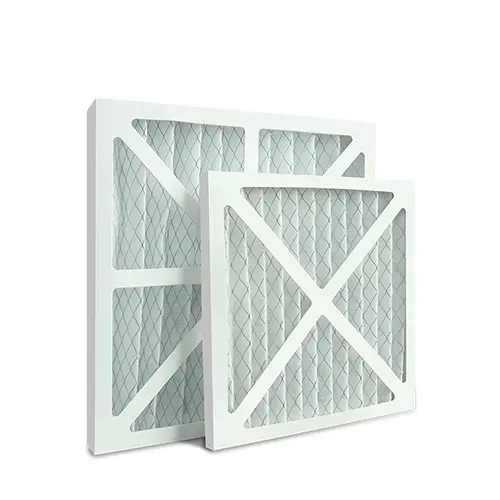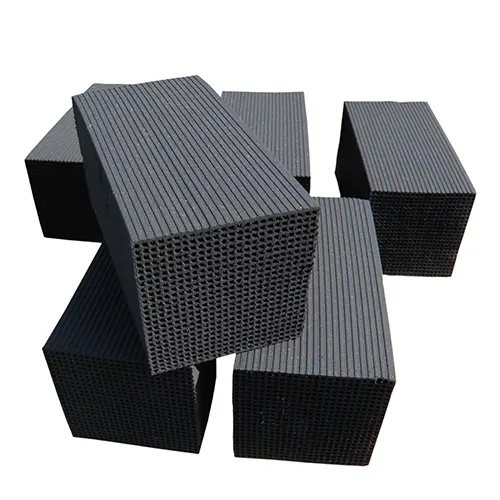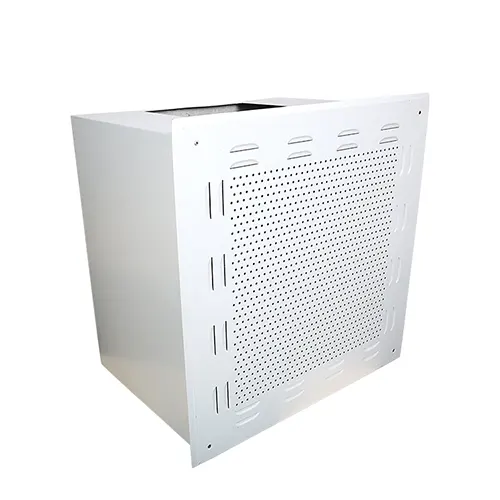Airports are filled with various sources of odors, including food courts, restrooms, and even the scent of jet fuel. Odor control is a crucial aspect of maintaining a clean and inviting airport environment.
Activated carbon filters are highly effective at absorbing and neutralizing odors, preventing unpleasant smells from lingering and spreading throughout high-traffic areas. Whether it’s the strong smells from food preparation areas or the more sensitive odors in restrooms, effective air filtration ensures that the air remains fresh and comfortable, leaving passengers with a positive first impression.
Energy Efficiency
Efficient air filtration systems can also contribute to a more energy-efficient operation. By optimizing airflow and maintaining the performance of HVAC systems, air filtration helps reduce the energy consumption of heating, cooling, and ventilation processes.
Filters that capture airborne particles before they settle in HVAC systems reduce the amount of maintenance required, extending the life of the equipment and lowering operational costs. In turn, this boosts the overall energy efficiency of the airport, reducing both costs and environmental impact while maintaining optimal air quality across the facility.


